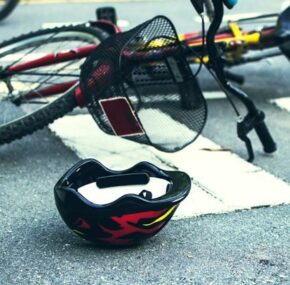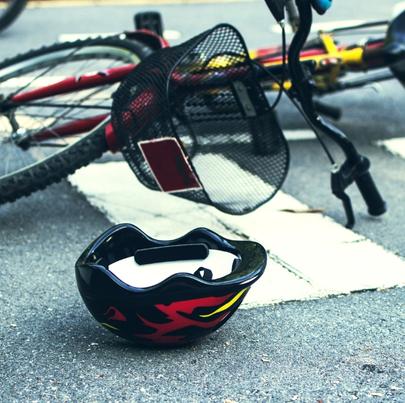Bike-share programs like Divvy provide an alternate means of transportation in Chicago, but they don’t come without safety concerns of increased accidents and injuries.

Divvy: Chicago’s Bike-Share Program
Bike-sharing programs have been around for at least a decade, but they’re relatively new to Chicago. In June 2013, Chicago established Divvy, a city-wide bike-share program that added more than 4,000 bicycles to city streets. Divvy provides an inexpensive and eco-friendly mode of transportation to Chicago residents and tourists while reducing the use of bicycles on city streets.
The Divvy bike-share program is run by the Chicago Department of Transportation (CDOT). According to CDOT officials, Divvy bikes are very sturdy and well-equipped with safety features including headlights, front and rear reflectors, and warning bells to alert other cyclists, pedestrians, and motorists. CDOT is responsible for performing routine maintenance on all Divvy bicycles to keep them in safe working order for riders. CDOT also issues safety regulations that riders are expected to follow.
- Riders must be at least 16 years old or older
- Riders are not required to have a driver’s license
- Riders are not required to wear helmets, but some rental portals offer them when bikes are rented
- Riders are encouraged to have defensive riding skills and experience
- Riders must return bikes to another Divvy station within 30 minutes of renting a bike
Liability for Accidents and Injuries
Divvy does not operate like most car rental companies that provide rental insurance to drivers. Divvy gives bike-share riders the option to purchase insurance when they rent the bike, but they must sign rental papers and agree to the terms of use, which include an extensive indemnification agreement and limited liability.
When Divvy accidents and injuries occur, injured riders may encounter complex issues that may make recovering compensation difficult without a Chicago bicycle accident lawyer. This is especially true if the rider doesn’t have a personal auto insurance policy. Tourists visiting Chicago may also face claim difficulties when they have out-of-state insurance policies. When a Divvy rider is hit by an at-fault motorist, most courts hold the motorist liable for the rider’s injuries and medical bills.
Although Divvy riders travel in bike lanes separated from vehicle traffic, accidents still happen. If bicycles and motor vehicles are in close proximity to each other, there are bound to be accidents. When they happen, personal injury lawyers usually witness more severe injuries to cyclists than drivers because drivers are shielded by their cars.






